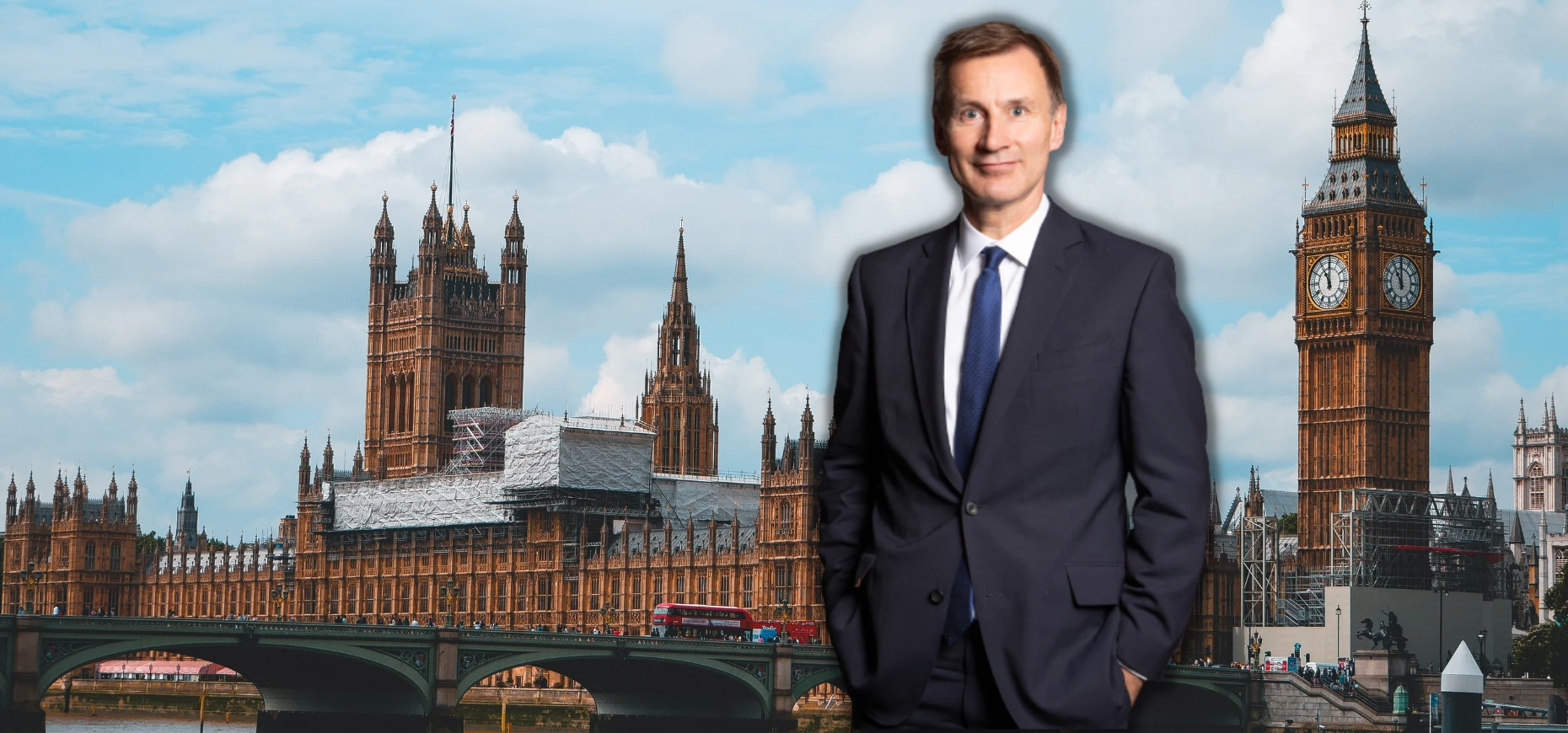
Autumn Statement 2022: Chancellor's key announcements summarised
This afternoon (November 17), recently appointed chancellor of the exchequer Jeremy Hunt MP addressed parliament and the nation with his Autumn Statement. But just what has the government planned during this period of economic turmoil? Read on to find out more…
Firstly, from April 2023 the rate at which people pay the additional rate of income tax, charged at 45 per cent, will change from £150k to those earning over £125,140. This is said to be a measure to “ensure those with the highest incomes contribute more to help strengthen public finances”.
Additionally, personal tax thresholds will be maintained at current levels for a further two years, until April 2028 to “strengthen public finances”. Highest-earners will contribute more because “it’s fair those with the broadest shoulders should help the most vulnerable”.
The tax free dividend allowance will be reduced to £1,000 in 2023-24, and then to £500 in 2024-25. Tax free allowance for capital gains will reduce in 2023-24 from £12.3k to £6,000 and again to £3,000 in 2024-25.
Stamp Duty cuts announced in the Growth Plan will now be time-limited, ending on March 31 2025. The Energy Profits Levy is being increased and extended. The government also intends to introduce a temporary tax on proceeds from electricity generators.
The government is providing a £13.6bn package of business rates support, to help businesses through “these tough times”.
Government spending will continue to increase in “real terms” every year for the next five years but at a slower rate. This is intended to “help to support and prioritise vital public services”.
The budget for schools will be increasing by £2.3bn next year & £2.3bn the year after, taking the core schools budget to a total of £58.8bn.
In respect of public health, the government is making available: Up to £2.8bn in 2023-24 & £4.7bn in 2024-25 for Adult Social Care, to help the “most vulnerable”. £3.3bn in 23-24 and a further £3.3bn in 24-25 to “improve the performance” of the NHS.
The building of new infrastructure such as roads, train lines and communities will be safeguarded by over £600bn in capital investment over the next five years. Round 2 of the Levelling Up Fund will invest at least £1.7bn in local projects across the UK. Successful projects will be announced later this year.
To support “vulnerable households” following changes to the Energy Price Guarantee, further Cost of Living Payments will be made next year. The Government will also provide a further £1bn to enable an extension to the Household Support Fund over 2023-24.
The Government will cap rent increases in the social rented sector under inflation next year, at 7 per cent. This will help protect households across England from the rising cost of living.
Finally, the National Living Wage will see its “largest ever cash increase”, and all National Minimum Wage rates will also receive a boost from April 2023. This intends to “help reward workers for hard work and make significant progress on ending low hourly pay by 2024-25”.
By Matthew Neville – Correspondent, Bdaily
- Add me on LinkedIn and Twitter to keep up to date
- And follow Bdaily on Facebook, Twitter and LinkedIn
- Submit press releases to editor@bdaily.co.uk for consideration.
Looking to promote your product/service to SME businesses in your region? Find out how Bdaily can help →
Enjoy the read? Get Bdaily delivered.
Sign up to receive our daily bulletin, sent to your inbox, for free.




 test article 123456789
test article 123456789
 hmcmh89cg45mh98-cg45hm89-
hmcmh89cg45mh98-cg45hm89-
 test456456456456456456
test456456456456456456
 test123123123123123123
test123123123123123123
 test xxxdiosphfjpodskhfiuodsh
test xxxdiosphfjpodskhfiuodsh
 Savour the flavour: North Tyneside Restaurant Week returns for 2024
Savour the flavour: North Tyneside Restaurant Week returns for 2024
 Six steps to finding the right buyer for your business
Six steps to finding the right buyer for your business
 Stephen signs off on a special night
Stephen signs off on a special night
 Life’s a Peachaus: Gillian Ridley Whittle
Life’s a Peachaus: Gillian Ridley Whittle
 Making a splash: Phil Groom
Making a splash: Phil Groom
 Making workplace wellbeing a priority
Making workplace wellbeing a priority
 A record of delivery, a promise of more: Ben Houchen
A record of delivery, a promise of more: Ben Houchen